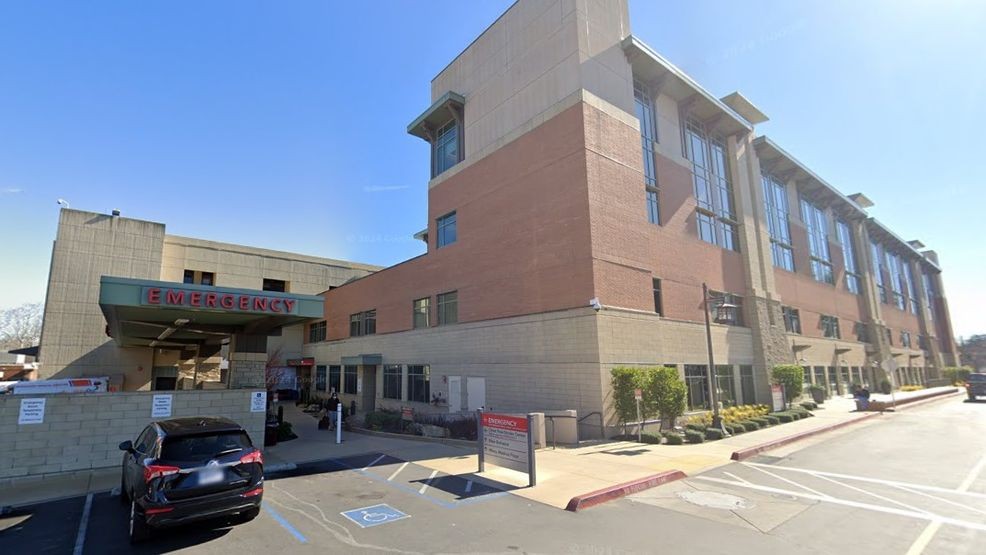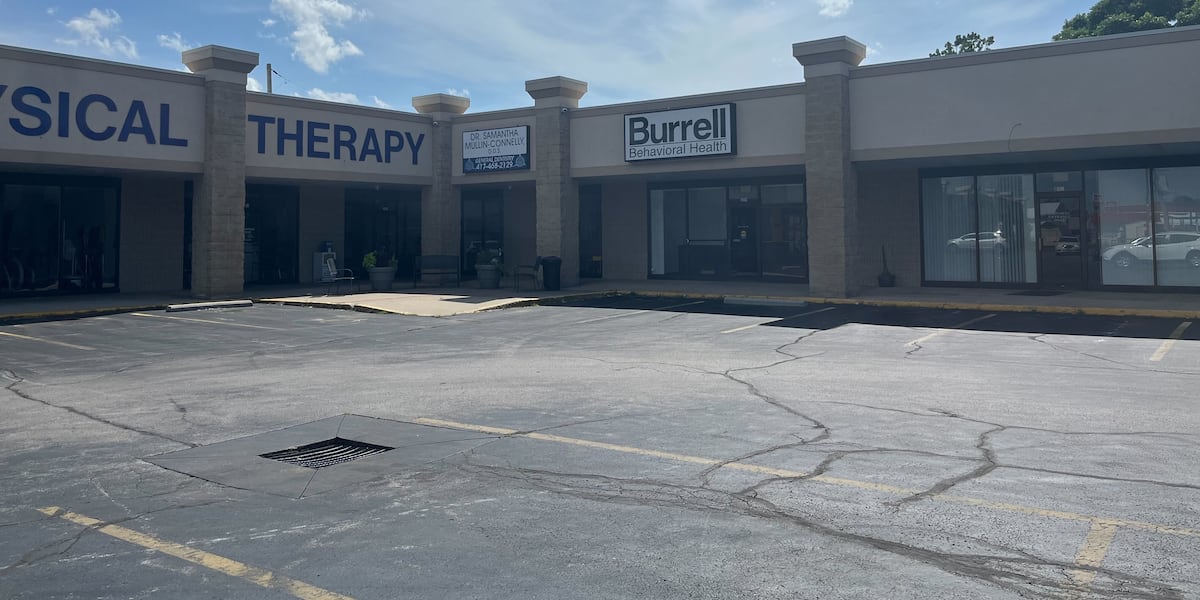Summary
Dignity Health which operates dozens of hospitals across California has been accused of losing patients’ bodies.
Source: Local 12 WKRC-TV

AI News Q&A (Free Content)
Q1: What are the main allegations against Dignity Health in the recent lawsuits?
A1: The lawsuits against Dignity Health allege that the healthcare company engaged in 'callous, reckless, and outrageous failure' by losing patients' bodies. This has raised significant concerns about the hospital system's management and handling of deceased patients' remains, leading to legal challenges.
Q2: How does the merger with Catholic Health Initiatives impact Dignity Health's operations?
A2: Dignity Health merged with Catholic Health Initiatives in 2019 to form CommonSpirit Health. This merger positioned it as a significant player in the healthcare system, expanding its reach and resources. However, it also meant that any legal issues, such as the current lawsuits, now involve a larger organization, potentially affecting its reputation and operational focus.
Q3: What are the implications of healthcare data mismanagement as highlighted in recent research?
A3: Recent research emphasizes that mismanagement of healthcare data can lead to severe consequences, including legal liabilities, financial losses, and damage to reputation. It is crucial for healthcare organizations to comply with regulations protecting patient data to prevent such outcomes.
Q4: What are the ethical and legal considerations of using Artificial Intelligence in healthcare, as discussed in scholarly articles?
A4: Scholarly discussions highlight that while AI can enhance healthcare delivery, it brings ethical, legal, and socio-economic challenges. These involve issues of justice, AI bias, and the need for regulatory frameworks to ensure AI benefits are equitably distributed and do not exacerbate social inequities.
Q5: How is generative AI transforming healthcare, and what are the associated challenges?
A5: Generative AI is revolutionizing medical imaging and personalized care by improving diagnosis accuracy. However, challenges such as data privacy, informed consent, and algorithmic biases require robust regulatory frameworks to address legal and ethical concerns.
Q6: What role do clinical bioinformaticians play in healthcare, particularly concerning legal and data security issues?
A6: Clinical bioinformaticians are crucial in managing patient data in molecular diagnostic laboratories. They navigate complex legal and accreditation requirements to ensure data security and compliance, highlighting the need for specialized knowledge in this evolving field.
Q7: What trends in litigation and compensation are related to retained surgical foreign bodies?
A7: Trends indicate an increase in litigation due to retained surgical foreign bodies, considered 'never events.' These cases often lead to compensation claims, emphasizing the need for rigorous surgical protocols to prevent such occurrences.
References:
- Dignity Health
- Healthcare Data Governance, Privacy, and Security -- A Conceptual Framework
- Published: 2024-03-26
- Justice in Healthcare Artificial Intelligence in Africa
- Published: 2024-06-15
- Applications of Generative AI in Healthcare: algorithmic, ethical, legal and societal considerations
- Published: 2024-06-15
- Clinical Bioinformatician Body of Knowledge-Clinical Laboratory Regulation and Data Security Core: A Report of the Association for Molecular Pathology
- Published: 2025-05-08
- Lost and found: trends in litigation and compensation related to retained surgical foreign bodies
- Published: 2025-04-01





